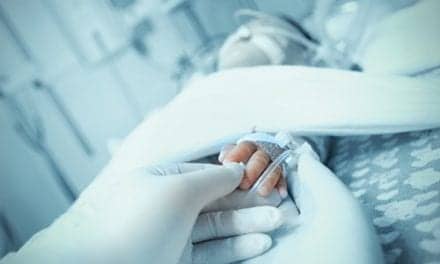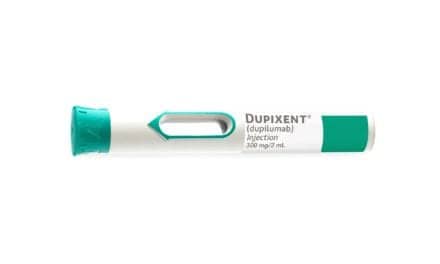Low gut microbial diversity in the intestines of infants can increase the risk for asthma development, according to a multiyear study led by researchers from Sweden that adds evidence to the theory that the contents of the intestines may influence what happens in the airways.
“A high diversity of gut microbiota during the first months of life seems to be important for the maturation of the immune system,” said principal author Thomas Abrahamsson, a pediatrician and researcher at Linköping University in Sweden.
Researchers believe that, in order to function effectively, the immune system needs to be trained by large numbers of different microorganisms. In the absence of sufficient stimulation from large numbers of different bacteria, the system may overreact to innocuous antigens it encounters.
In 2011 the results of a comprehensive survey of the intestinal microbiota of allergic and healthy children were published. In the samples from the infancy period, the degree of variation and diversity of the bacteria strains was significantly lower among those who had developed allergic eczema when they were two years old.
A follow-up study was conducted when the 47 participating infants reached their seventh birthday. Eight of the children (17%) suffered from chronic asthma; 28% had hay fever; 26% had eczema; 34% reacted to the allergens in a skin prick test
According to the researchers, which published their findings in Clinical & Experimental Allergy, only the asthma cases could be connected to low intestinal microbial diversity at the age of one week and one month.
Researchers noted that a high gut microbial diversity has also been shown to strengthen the barrier function of the mucous membrane, and a lack of that diversity could weaken the barrier.
“We are speculating that a deficient maturity of the immune system at an earlier age and a less efficient mucosa barrier function can open the way to certain types of viral infection that can be linked to the development of asthma,” said senior author Maria Jenmalm, professor of Experimental Allergology.









